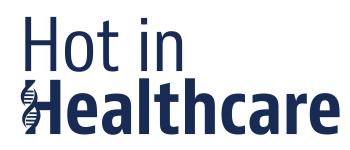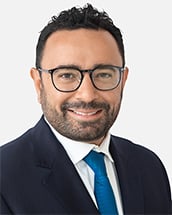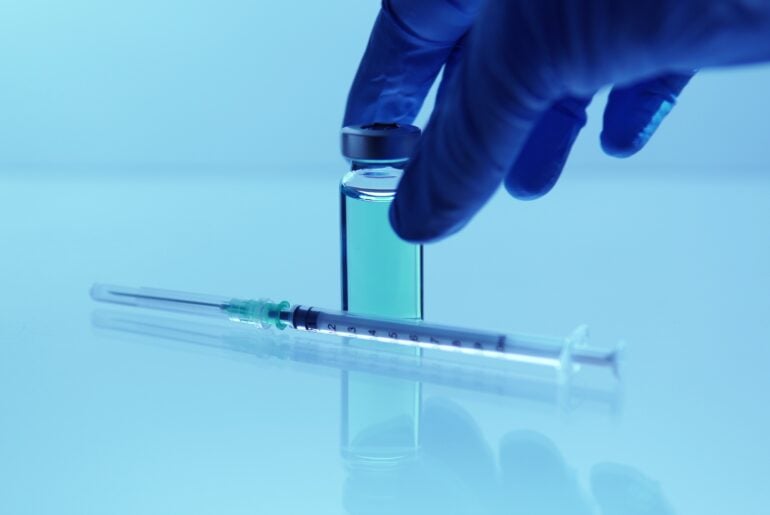On 1 October 2024, the UAE Government has issued a new Federal Decree-Law No. 38 of 2024 to regulate medical products, the pharmacy profession and pharmaceutical establishments (the “Law”).
The Law replaces Federal Law No. (8) of 2019 on Medical Products, Pharmacy Profession and Pharmaceutical Establishments including its later amendments (hereafter, “Federal Law of 2019“). However, its implementing regulations remain in effect to the extent they do not contradict with the Law.
The Law was first published on the UAE government website on 29 December 2024. It has been published in the official gazette dated 14 October 2024 and circulated on 8 January 2025. It came into force on 2 January 2025 (“Effective Date“).
Entities and individuals to which the law applies are granted a one-year grace period starting from the Effective Date, to make the necessary changes to comply with its provisions. Such a period can be extended by a Cabinet decision.
Objectives
The Law aims to consolidate legislation governing medical products and pharmaceutical establishments at a federal level, to facilitate the take-over of responsibilities by the Emirates Drug Establishment (EDE) from the Ministry of Health and Prevention, and to further solidify the UAE’s position as a globally trusted hub for the pharmaceutical and medical industries.
The Law further focuses on enhancing supply chain security and streamlining the development, approval, manufacturing, marketing, and distribution of medical products. Additionally, the Law seeks to attract investments and encourage innovation in line with the vision and objectives of the UAE government.
Scope
The Law clarifies and expands its scope regulating medical products, the pharmacy profession, pharmaceutical establishments and biobanks. Biobanks which were not previously covered by the regulations are now regulated by the Law but not as pharmaceutical facilities. The Law introduced new (sub) categories of products and establishments such as genetically modified organisms for medical use and contract research organizations.
Products:
- Medical Products: pharmaceuticals, medicines, medical devices, healthcare products, biological products, nutritional supplements, cosmetics, genetically modified organisms for medical use.
- Other Products: chemical precursors, controlled substances, semi-controlled substances, hazardous and toxic products and materials for human and veterinary use.
Pharmaceutical Establishments:
- Public pharmacies and pharmacy chains.
- Non-clinical and clinical research entities.
- Bioequivalence centers.
- Pharmaceutical laboratories.
- Contract factories and companies for manufacturing medical products.
- Contract companies for research and development.
- Marketing offices.
- Pharmaceutical consulting offices.
- Compounding pharmacies.
- Medical store (logistics and sales) and medical warehouse (only logistics).
Import, distribution and warehousing
Import and distribution remains reserved for medical stores and is now clearly distinguished from warehousing. As per the new definitions, medical stores can engage in logistics and have title in the products. They may be licensed to carry out the importation, distribution or re-export whereas a medical warehouse is licensed to only store medical products but cannot engage in distribution or sales. The specific activities will need to be authorised by the EDE and will be further clarified in the executive regulations together with related requirements. The local ownership requirements for onshore entities remain within the remit of local authorities responsible for corporate affairs in the relevant Emirate.
The Law maintains the changes introduced last year by Law No. 11 of 2023 amending the Federal Law of 2019. The marketing authorisation holder is still required to appoint at least two importers and one or more distributors (Article 22).
The Law further clarifies the concept of importer and distinguishes it from distribution activities. Import only relates to the activity of bringing medical products from outside the country or its free zones to the mainland or within the country through customs ports after obtaining the necessary approvals. However, it will need further clarification through the anticipated executive regulations to understand the implications under the Commercial Agency Law.
There is no longer a need to file two regulatory applications, instead, the marketing authorisation holder must designate one main pharmaceutical establishment among its designated establishments to handle regulatory affairs, vigilance and quality. This entity is responsible for managing a product’s entire lifecycle in the UAE. A marketing authorisation holder may be exempted from these requirements through a Cabinet decision. However, such exemption must be based on a proposal of the EDE president, indicating the limited and strategic nature of the exemption.
Further conditions and controls for the implementation of Article 22 will be adopted through executive regulations.
Marketing Offices
Under the Federal Law of 2019, marketing offices remained regulated through the scientific office decree of 2016. Similar requirements are transferred into the Law such as the requirement to appoint a person licensed in the health or pharmacy profession in charge of the management of the marketing office. The marketing office must have obtained a commercial license for an activity within the field of the pharmacy profession.
As for the medical warehouses and stores, local ownership requirements for onshore entities remain within the remit of local authorities responsible for corporate affairs. Further conditions and requirements will be set forth in executive regulations which may further steer away from the current scientific office regulations.
Other changes
The Law contains further changes which we will address in separate alerts where we will shed some light on the innovation protection, research activities and authorisation pathways.
It is clear that the UAE is steaming ahead to fulfil its ambitions as a global innovative player whilst focusing on supply chain security to protect the health of its population. What better way to start a new year!
To speak to us in relation to the New Pharma Law, or issues more generally, please reach out to the Baker McKenzie contacts below.








